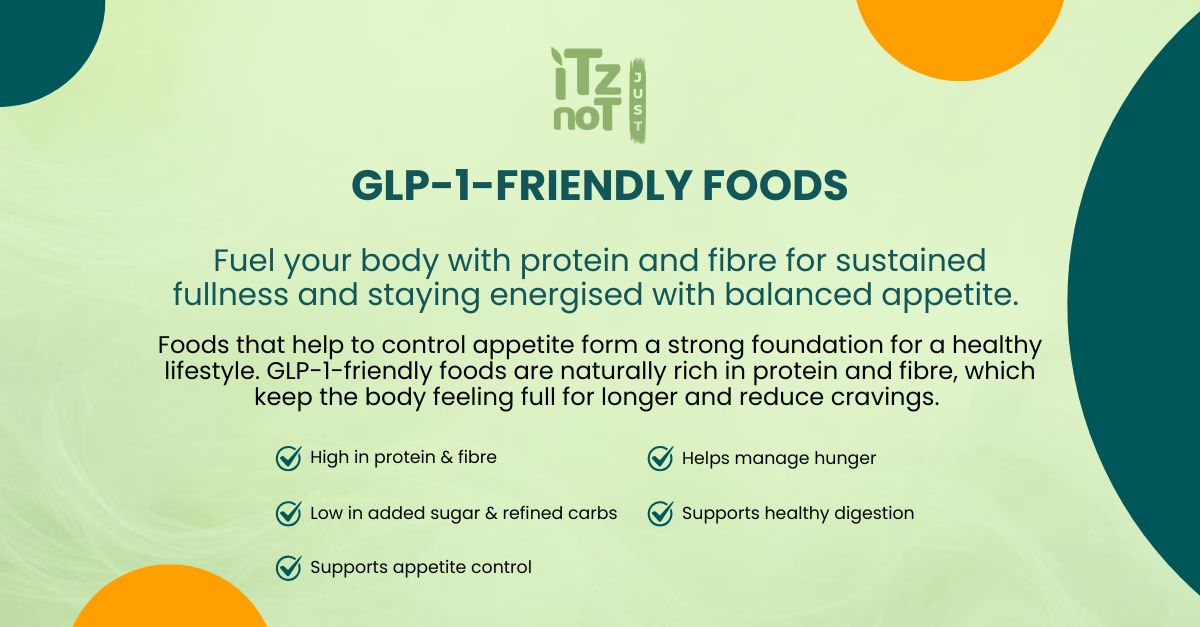
Nutrition and Exercise: Fueling Your Body for Activity

Nutrition and Exercise: Fueling Your Body for Activity
Want to maximize your workouts and achieve your fitness goals? Then you need to understand the powerful connection between nutrition and exercise. It's not just what you do in the gym, but what you put into your body that truly fuels your performance and recovery. This blog explores the essential role of nutrition in supporting your active lifestyle, addressing common questions and providing practical strategies to optimize your fuel for peak performance.
Why is Nutrition so Important for Exercise?
Nutrition plays a critical role in:
- Providing energy: Your body needs fuel to power your workouts. The right foods provide the necessary carbohydrates, fats, and protein for sustained energy.
- Building and repairing muscle: Protein is essential for muscle protein synthesis, the process that repairs and rebuilds muscle tissue after exercise.
- Reducing muscle soreness: Proper nutrition can help reduce inflammation and promote faster recovery.
- Improving performance: Adequate nutrition can enhance endurance, strength, and power.
- Supporting overall health: A balanced diet provides the vitamins, minerals, and other nutrients your body needs to function optimally.
Practical Strategies for Fueling Your Body Effectively:
- Meal Timing: Pay attention to when you eat in relation to your workouts. Fueling your body properly before, during, and after exercise can significantly impact your performance and recovery.
- Carbohydrates are key: Carbs are your body's primary source of energy, especially during intense exercise. Choose complex carbohydrates like whole grains, fruits, and vegetables over refined carbs.
- Don't forget protein: Protein is essential for muscle repair and growth. Include lean protein sources in every meal, especially after your workouts.
- Healthy fats are important too: Healthy fats play a role in hormone production and nutrient absorption. Include sources like avocados, nuts, seeds, and olive oil in your diet.
- Time your meals: Pay attention to when you eat in relation to your workouts. Fueling your body properly before, during, and after exercise can significantly impact your performance and recovery.
- Hydration Strategy: Develop a hydration plan that meets your individual needs, especially during and after exercise.
- Supplementation (if needed): Consider whether supplementation is appropriate for you, and consult with a qualified healthcare professional before taking any supplements.
- Listen to Your Body: Pay attention to how different foods make you feel and adjust your diet accordingly.
The Science Behind the Synergy: How Nutrition Fuels Exercise
The relationship between nutrition and exercise is grounded in science. Here's how it works:
- Energy Production: Carbohydrates are the body's primary source of energy, especially during moderate to high-intensity exercise. They are stored as glycogen in the muscles and liver, providing readily available fuel for activity. Fats also play a role in energy production, particularly during prolonged, lower-intensity exercise.
- Muscle Protein Synthesis: Protein is the building block of muscle tissue. Consuming adequate protein after exercise is crucial for muscle protein synthesis, the process by which muscles repair and rebuild themselves after strenuous activity. This is essential for muscle growth, strength gains, and reducing muscle soreness.
- Recovery and Repair: Exercise can cause microscopic tears in muscle fibers. Proper nutrition, including adequate protein, carbohydrates, and micronutrients, supports the repair and recovery process, reducing muscle soreness and preparing the body for subsequent workouts.
- Hormonal Balance: Nutrition plays a crucial role in regulating hormone levels, including those involved in muscle growth, recovery, and metabolism. A balanced diet supports optimal hormonal function, which is essential for maximizing the benefits of exercise.
- Micronutrient Support: Vitamins and minerals are essential for various bodily functions, including energy production, muscle function, and immune health. A deficiency in certain micronutrients can impair performance and hinder recovery.
Conclusion:
Proper nutrition is not just about aesthetics; it's about optimizing your health, performance, and overall well-being. By understanding the connection between nutrition and exercise, and by making informed choices about what you eat, you can unlock your full potential and achieve your fitness goals. Investing in your fuel is an investment in your results. It's about nourishing your body from the inside out, so you can perform at your best and live a healthier, more active life. This isn't just a trend; it's a fundamental principle of health and fitness. Embrace the power of nutrition and exercise, and watch your body thrive.























































